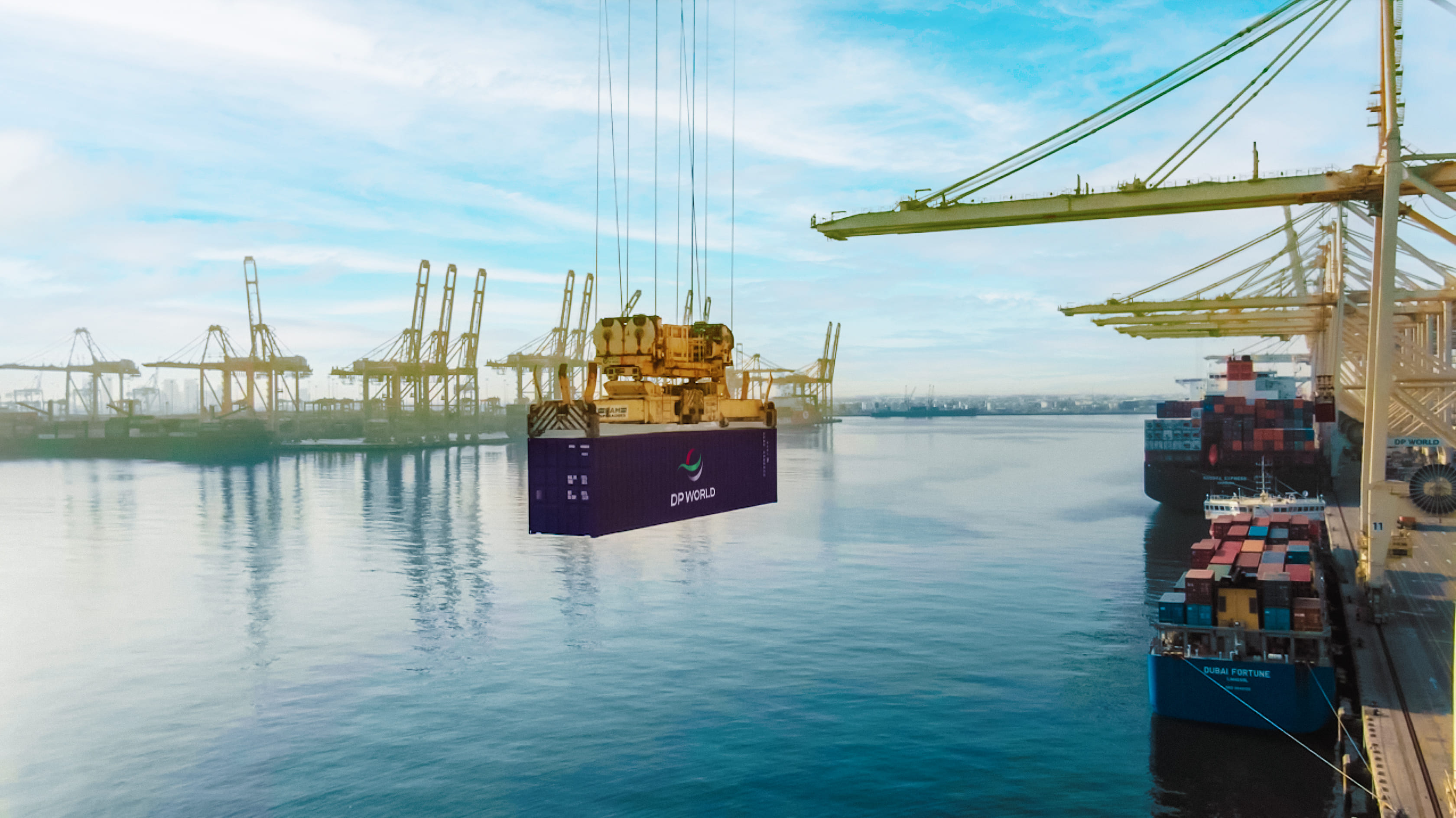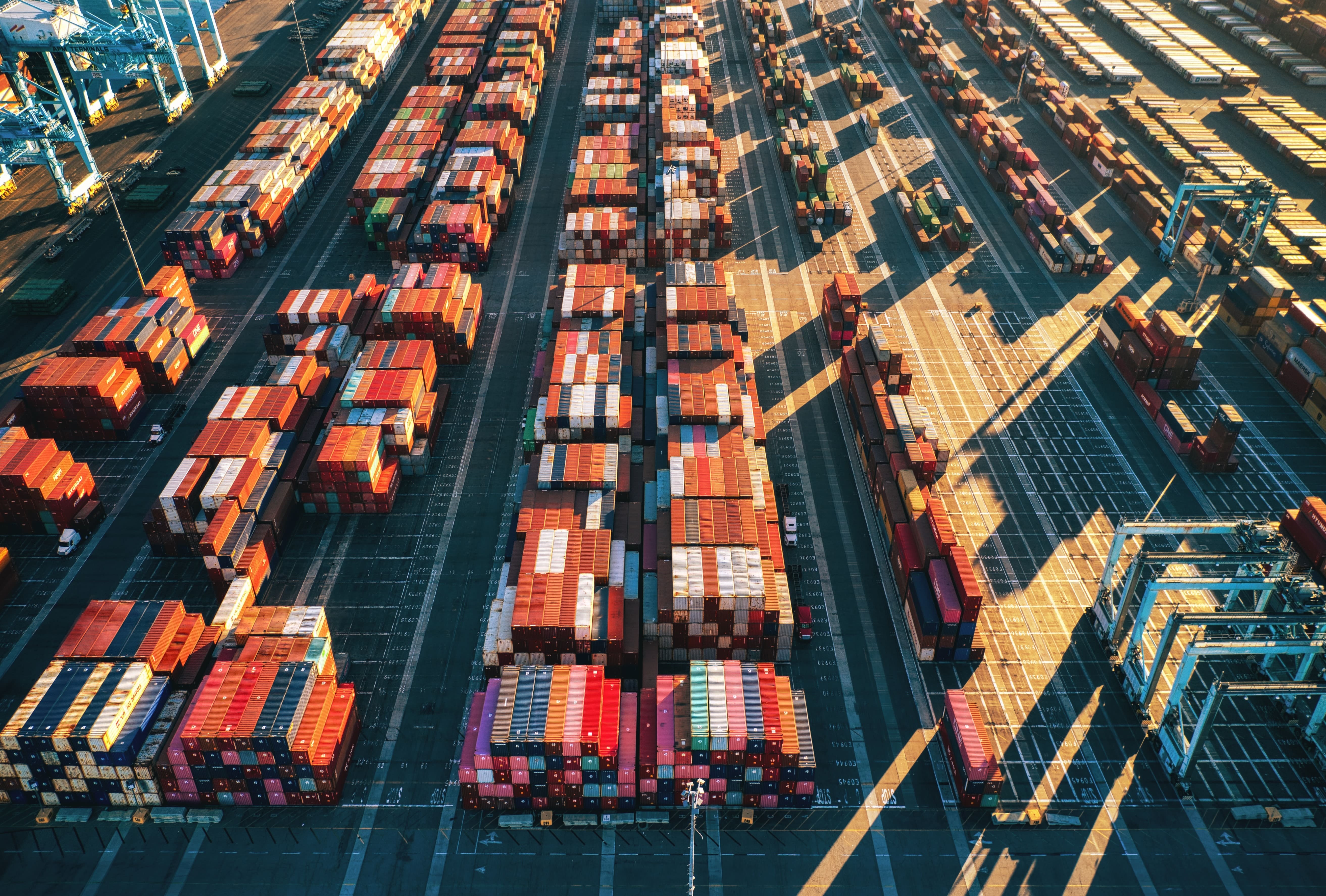FCL VS. LCL: WHICH SHIPPING OPTION SAVES YOU MORE MONEY?
For international shipping, businesses must make a decisive choice between Full Container Load (FCL) and Less-than-Container Load (LCL), where both carry significant cost, efficiency, and distribution considerations. The decision hinges on various factors, including delivery deadlines, budget boundaries, and bulk capacity; and in this detailed guide, we will dissect the differences between these two shipping modes, delve into their cost structures, and demonstrate how DP World provides dedicated solutions to diminish freight expenses.
Blogs

No matter if you seek the dynamism of LCL shipments or the budgetary benefits of FCL, this guide will equip you with the data-driven insights needed to make the best decision for your logistics strategy.
Understanding FCL and LCL Shipping
What Is FCL?
Full Container Load (FCL) means a fixed shipping container is fully assigned to one party’s cargo. Even if it’s not completely filled, no packages from other people are mixed in. The FCL Logistics option is best for businesses shipping in bulk, ensuring faster transit and protected goods.
What Is LCL?
Reduced-capacity shipping, known as Less-than-Container Load (LCL), involves merging multiple shipments from different shippers into one container. Each shipper pays for the reserved space their cargo occupies. LCL is ideal for minimal shipments that don’t require a full container, offering a reasonable alternative for cost savings. With reliable freight forwarding services, businesses can maximise efficiency while keeping costs manageable.
Key Differences Between FCL and LCL
1. Cost Considerations
Cost is a factor to be considered when containerised shipping options like FCL and LCL are weighed. FCL freight is frequently more affordable per unit due to the full utilisation of container space. LCL loads are occasionally costlier per unit due to the combination and de-combination fees. Nevertheless, in the case of small cargo, LCL is a cost-effective choice since companies pay merely for space within the container they occupy, allowing for greater market access for small shipments.
2. Safety & Stewardship
FCL shipping offers optimal security as the container is sealed at the origin and opened only at the destination. This minimises the risk of mishandling, guaranteeing lower chances of damage, theft, or loss. In LCL shipping, multiple handling points during consolidation and deconsolidation generate greater risks of misplacement or damage.
3.Transit Time
FCL containers offer instant transit, as the container is transferred instantly from the supplier to the consignee without any other stops or middlemen to consolidate. However, LCL containers may have delayed delivery, as multiple shipments are a lengthy process of consolidation and deconsolidation. This is critical for firms operating in economic zones, where instant logistics are a key driver of sustaining supply chain efficiency.
4.Flexibility
Spanning small or non-routine shipments, LCL provides a strategic solution for businesses that need to send products without waiting to accumulate a full container load. This supports nimble inventory management and enables quick adaptation to market needs.

When to Choose FCL Over LCL
It is recommended to choose FCL transport when:
- Your cargo volume is sufficient to fill an entire container.
- The cost per unit is lower compared to LCL.
FCL is also favoured over LCL when reduced handling and preferred direct shipping routes are involved, as both help minimise the risk of theft or damage and avoid consolidation delays.
When to Opt for LCL Instead of FCL
LCL is suitable when:
- Your goods do not require a full container.
- Paying only for the used space aligns with your budget.
- You need smaller, frequent shipments for better inventory management.
- Shipping to various locations without the need for full containers to each.
DP World's Role in Optimising Shipping Solutions
DP World provides professional brokerage services to assist customers in making an informed decision between FCL and LCL shipping options.
FCL Services
DP World's FCL services present customers with a private container, ensuring that cargo is shipped briskly and securely from the origin port to the destination port. Their process includes:
- Personalised Planning: Crafting shipping strategies to align with specific business needs.
- Best Route Selection: Identifying optimal routes to reduce transit time and budget constraints.
- Proactive Business Tracking: Providing end-to-end visibility and analytics for improved supply chain solutions efficiency.
LCL Services
DP World also provides specialised LCL services for those with smaller shipment volumes.
Their warehouses are equipped to manage partial loads efficiently, with:
Spacious Storage: Ample capacity to accommodate shipments of various sizes.
Streamlined Logistics Services: Including palletising, product sorting, weighing, and inspection to simplify the shipping process.
Making the Right Choice: FCL vs. LCL
The decision between FCL and LCL depends on several considerations:
- Size Suitability: Evaluate whether your cargo volume warrants a dedicated container or if shared space is a more practical option.
- Cost Analysis: Compare the total cost of both options, factoring in potential savings and additional charges.
- Processing Speed: Determine the urgency of your shipment and how transit times influence your supply chain.
- Integrity Assurance: Assess the need for security and the risks associated with multiple handling points.
Leveraging the right logistics solutions is crucial when understanding the difference between FCL and LCL, as this decision impacts cost, efficiency, and security within your supply chain. Comprehensive knowledge of these shipping methods empowers businesses to make well-informed choices that align with their operational needs. We encourage you to check out our trusted partners for seamless freight solutions that optimise your logistics workflow.
RELATED CONTENT